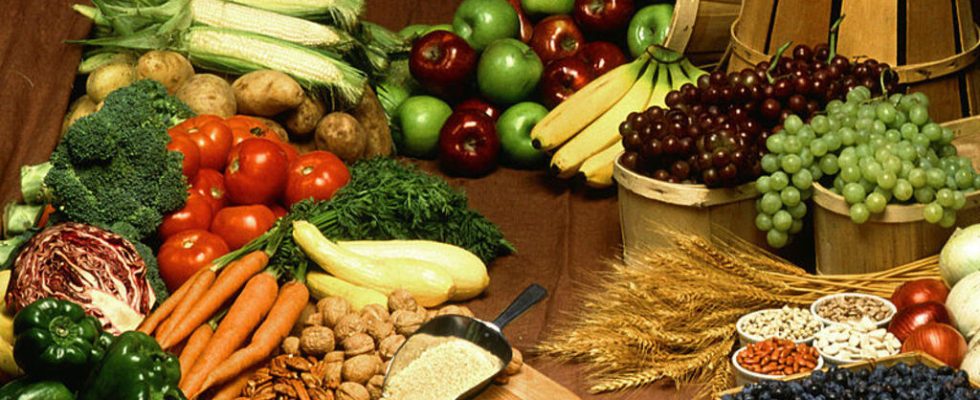Changing the way food is produced on a global scale can reduce all greenhouse gas emissions by almost a third, while still feeding people, according to a World Bank report published Monday 6 May 2024.
2 mins
“ To protect our planet, we must transform the way we produce and consume food “, declared the general director of the world BankAxel van Trotsenburg, in the preface to this report.
The agri-food sector indeed contributes “ nearly a third of global greenhouse gas emissions “, either ” more than all global heating and electricity emissions », Details the World Bank.
Read alsoHow to feed the world with a changing climate?
The report indicates that the agri-food sector represents a “ huge opportunity » to reduce global emissions by almost a third thanks to “ affordable and readily available stocks ”, and urges countries to invest more.
The benefits of such investments are much higher than the costs “, and the World Bank estimates the investments needed to halve these emissions by 2030 and reach net zero emissions by 2050 at $260 billion per year. Double that amount is spent each year on agricultural subsidies, many of which harm the environment », Underlines the institution, which calls for rethinking them, to finance part of the necessary investments.
Modify practices and uses
The benefits, in return, would amount to some 4,000 billion dollars, linked, in addition to lower emissions, to improved human health, food and nutritional security, employment, and better quality benefits. for farmers.
Middle-income countries, which produce two-thirds of agri-food greenhouse gas emissions, should, according to the World Bank, consider low-emission livestock farming practices and use land more sustainably. “ Simply changing the way middle-income countries use land… can reduce agri-food emissions by a third by 2030 », Declared Axel van Trotsenburg.
As for rich countries, the World Bank calls on them to lead the way: “ they can reduce energy emissions, help developing countries in their transition to low emissions and promote low-emission foods. » Concretely, less red meat, more legumes for protein intake, for example.
The World Bank is finally encouraging low-income countries not to repeat the past mistakes of the wealthiest, by avoiding “ building high-emission infrastructure that high-income countries must now replace “.
